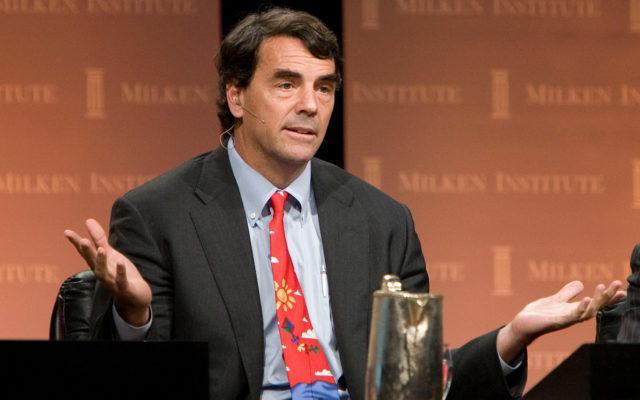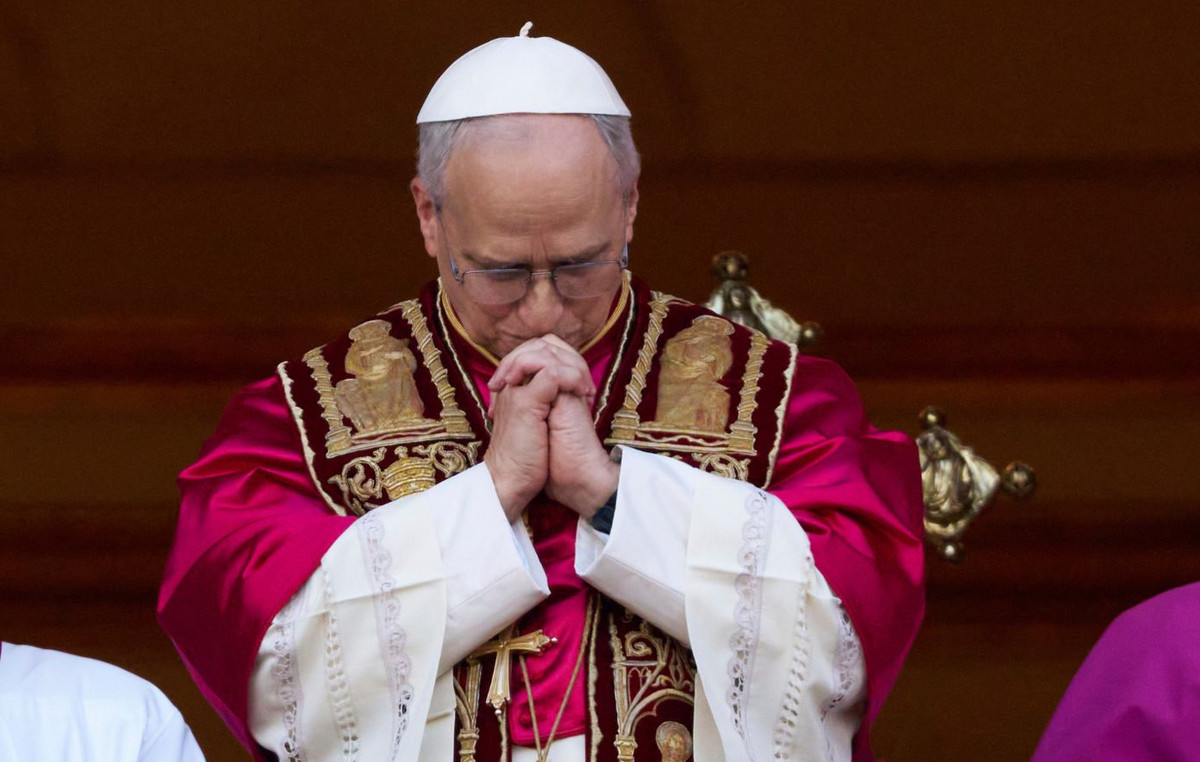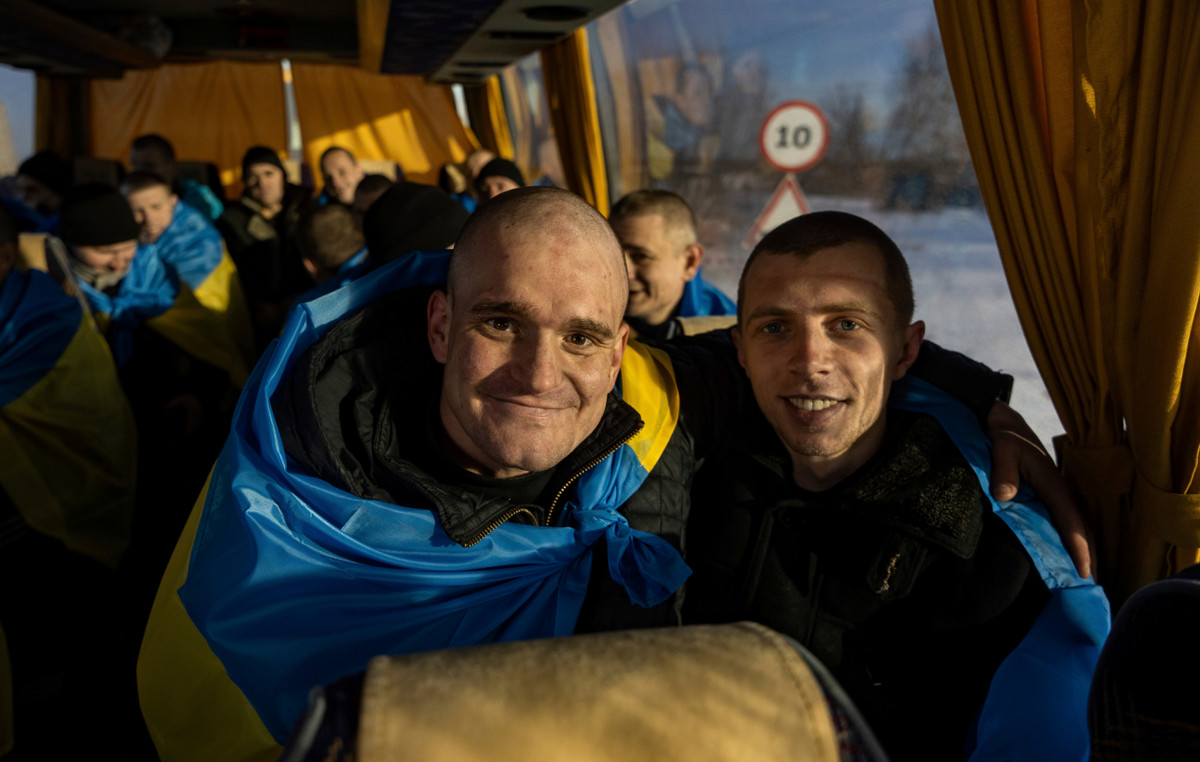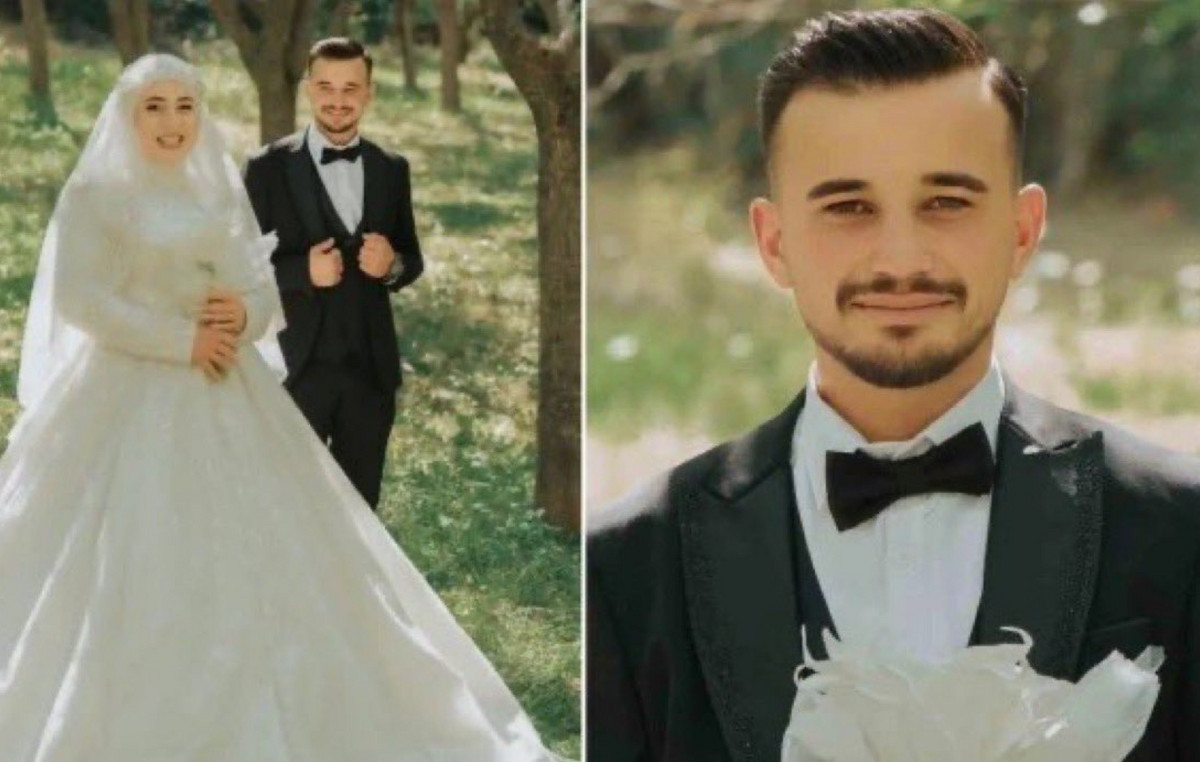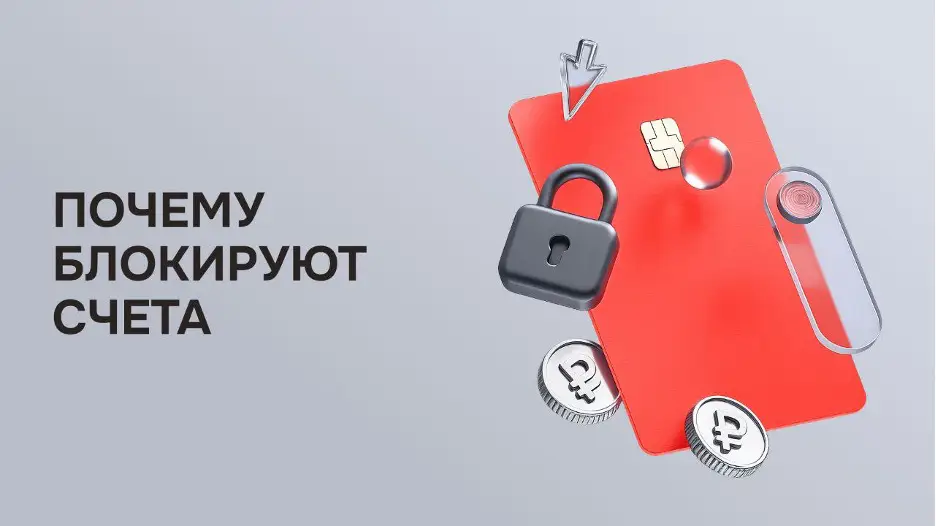Traditionally neutral Switzerland will adopt European Union sanctions against Russians involved in Moscow’s invasion of Ukraine and freeze their assets, the government said on Monday, in a sharp departure from the country’s traditions.
“In view of Russia’s continued military intervention in Ukraine, the Federal Council took the decision on February 28 to adopt the sanctions packages imposed by the EU on February 23 and 25,” the government said in a statement.
Switzerland has also adopted financial sanctions against Russian President Vladimir Putin, Prime Minister Mikhail Mishustin and Foreign Minister Sergei Lavrov, effective immediately.
“Switzerland reaffirms its solidarity with Ukraine and its people; will deliver emergency supplies to people who have fled to Poland,” the government said, renewing its offer to mediate in the dispute.
After the release of the statement, Swiss President Ignazio Cassis said in a speech at the opening of a session of the UN Human Rights Council in Geneva, he spoke about the country’s decision to renounce the commitment to “Swiss neutrality” and whether align with the measures already adopted by the European Union.
“The Swiss Federal Council today decided to fully adopt EU sanctions,” Cassis said during a press conference. “It is an unparalleled move by Switzerland, which has always been neutral before.”
“Russia’s attack is an attack on freedom, an attack on democracy, an attack on the civilian population and an attack on the institutions of a free country. This cannot be accepted in relation to international law, this cannot be accepted politically and this cannot be accepted morally,” added Cassis.
Speaking after an extraordinary meeting of the Swiss Federal Council, Cassis stressed that “in these dark days”, Switzerland stands in solidarity with the people of Ukraine and hopes that sanctions will encourage the Kremlin to “change its mind”.
“Playing in the hands of an aggressor is not neutral. Having signed the Geneva human rights convention, we are bound by the humanitarian order,” said Cassis. “Other democracies will be able to count on Switzerland; those who defend international law will be able to count on Switzerland; claims that defending human rights can count on Switzerland.”
Switzerland will freeze the assets of “listed persons” and will also put in place an entry ban for those singled out by the EU sanctions package, according to the Swiss federal president.
Cassis said Switzerland is closing its airspace to all flights from Russia, including private jets, with the exception of humanitarian flights, search flights and emergency situations.
Swiss Justice Minister Karin Keller-Sutter said the entry ban would affect “oligarchs of Russian or Ukrainian nationality who are particularly close to Russian President Vladimir Putin”.
“There are five people with strong economic connections in Switzerland,” Keller-Sutter said, but said that for privacy reasons, she was not naming these oligarchs.
crooked line
Switzerland has so far walked a tortuous line between showing solidarity with the West and maintaining its traditional neutrality that the government says could make it a potential mediator.
But it had faced mounting pressure to clearly side with the West against Moscow and adopt punitive EU sanctions. The Swiss government had been saying it would not allow the country to be used as a platform to circumvent EU sanctions.
In the biggest peace march in decades, some 20,000 people demonstrated in the capital Bern on Saturday to support Ukraine, some booing the government for its cautious policy.
Cassis said on Sunday that Ukrainians fleeing the conflict would be welcomed “for a transitional period, which we hope will be as short as possible”.
Justice Minister Karin Keller-Sutter separately said Switzerland is ready to welcome those in need of protection and also to support affected neighboring countries. “We’re not going to let people down,” she said.
Last week, the Swiss government amended its watch list to include 363 individuals and four companies that the EU had put on its sanctions list to punish Moscow.
Russians held nearly 10.4 billion Swiss francs ($11.24 billion) in Switzerland in 2020, data from the Swiss National Bank show.
*With information from CNN International
Source: CNN Brasil
I am Sophia william, author of World Stock Market. I have a degree in journalism from the University of Missouri and I have worked as a reporter for several news websites. I have a passion for writing and informing people about the latest news and events happening in the world. I strive to be accurate and unbiased in my reporting, and I hope to provide readers with valuable information that they can use to make informed decisions.

